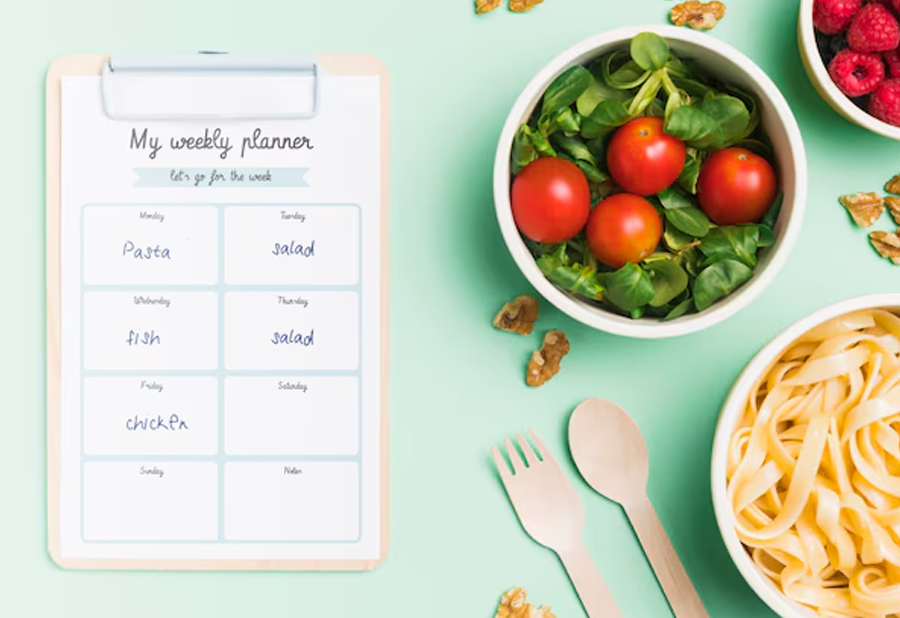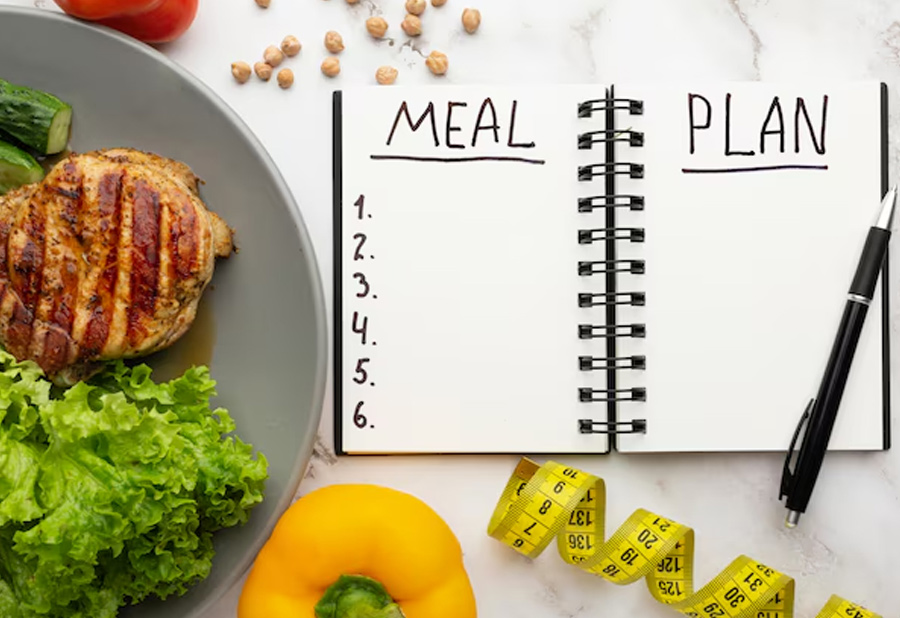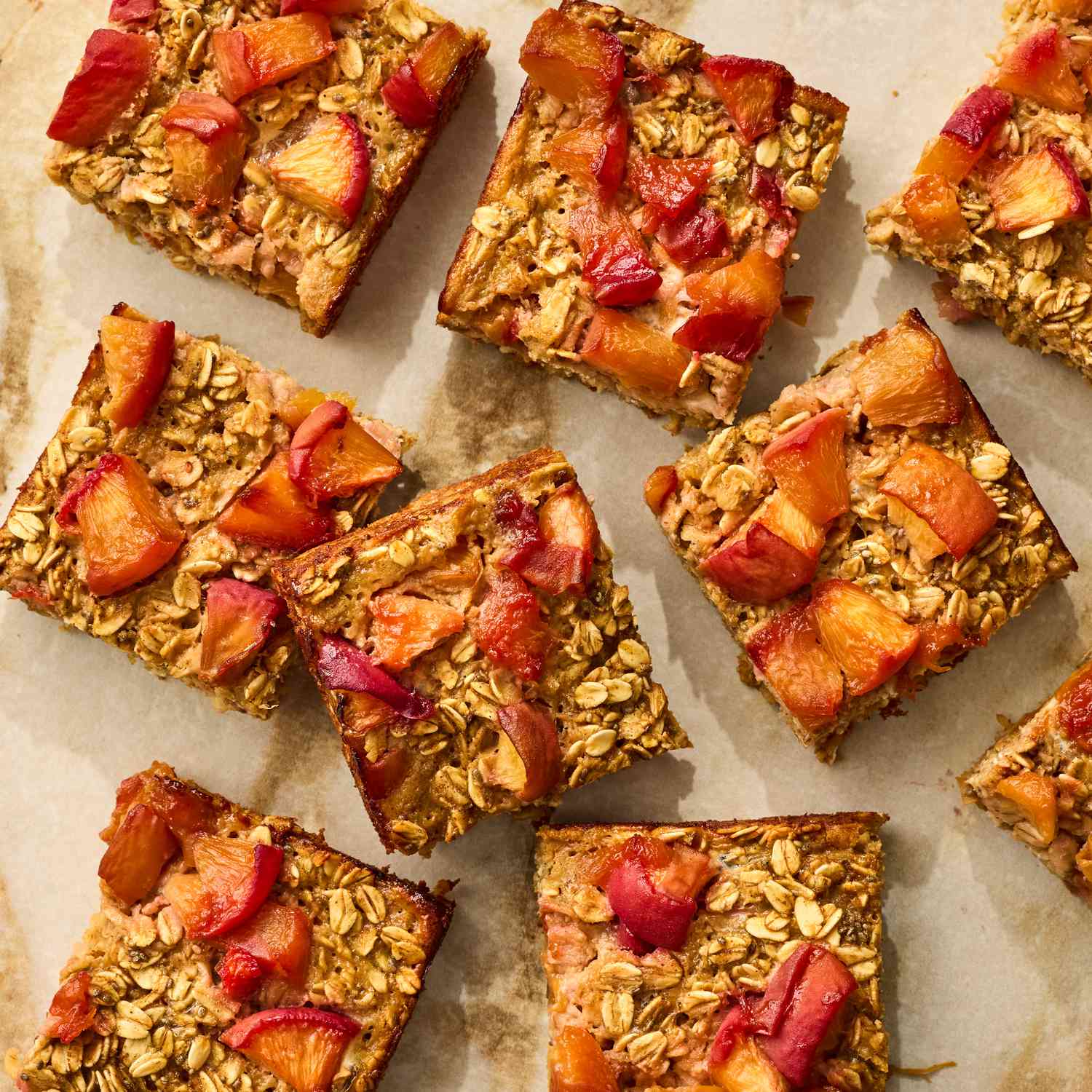Eating three meals a day, consisting of breakfast, lunch, and dinner, is standard for most people. It is a widely accepted concept, with some additional snack breaks in between meals. However, some experts now suggest incorporating smaller, more frequent meals throughout the day to better manage hunger and calorie intake.
To inquire about the same, the OnlyMyHealth team spoke with Rajeshwari V. Shetty, HOD—Nutrition and Dietetics, SL. Raheja Hospital, Mahim—A Fortis Associate, who shared useful insights around the same.
Also Read: What Is Mitahar: The 50-25-25 Rule? Tips To Beat Bloating and Gas Issues
How Many Meals Should A Person Eat In A Day?
According to Shetty, a person should try to eat 5-6 small meals daily instead of 2-3 larger meals.
She explained that larger meals often involve consuming large quantities of food, with people eating whatever is available, unless their meals are carefully curated, which is rarely the case.
On the other hand, eating several small meals provides flexibility in food choices while ensuring a balanced intake of all essential nutrients. This approach allows for the intake of low-calorie foods such as salads, soups, and nutrient-dense foods like whole pulses, whole grains, lean meats, and fresh salads, she added.
As per the nutritionist, it is a common misconception that reducing the number of times you eat in a day can help in weight control, whereas the truth may be far from it. Over time, this restrictive pattern can become unsustainable, causing individuals to abandon it and indulge in healthy eating habits, she said.
The expert highlighted that with smaller meals, a person can mindfully choose what they consume, which could be a handful of nuts or fruit or a healthy salad or whole grain chapatis made of different types of grains.
Things To Consider

It is important to note that every person’s body and metabolism are different. What might work for one person may not work with another. Therefore, there is no universal rule for deciding a meal frequency, especially when it comes to metabolism or weight loss.
According to Shetty, different diets are planned based on several factors like age, height, weight, biochemical parameters, recent weight loss or gain, appetite, mobility, and stress levels. As a result, no single meal pattern can be found better than others for specific health conditions, she shared.
Also Read: Can Skipping Meals Increase Your Risk Of Heart Disease?
How To Ensure A Balanced Diet?

Shetty noted that eating too often can lead to prediabetes, diabetes, obesity, lifestyle diseases, and GI disturbances, whereas eating too little can lead to anaemia, malnutrition, unhealthy weight loss, and low immunity, making the body more susceptible to infections. Therefore, at the end of the day, regardless of the meal frequency, it is important to eat a balanced diet rich in protein, healthy fats, and fibre-rich carbohydrates.
Some of the key components of a balanced diet include aiming to have a good mix of proteins like eggs, fish, beans, or tofu; healthy fats such as nuts, seeds, or olive oil; and complex carbohydrates like whole grains, fruits, and vegetables.
Additionally, stay hydrated by drinking plenty of water and limit processed foods, excess sugar, and saturated fats. Eating a variety of foods not only offers essential vitamins and minerals but also supports overall health.


